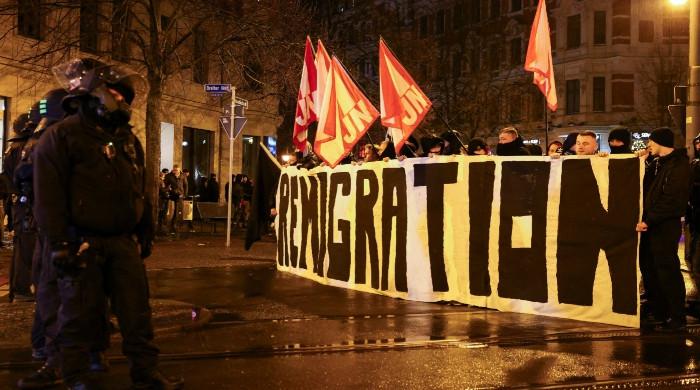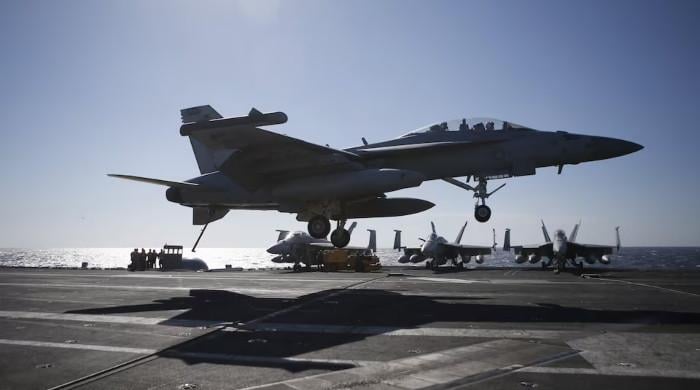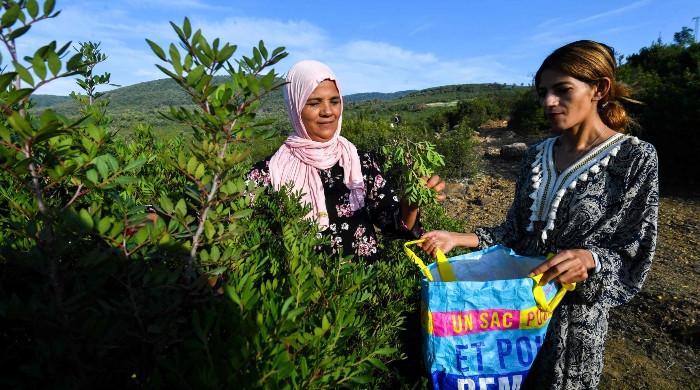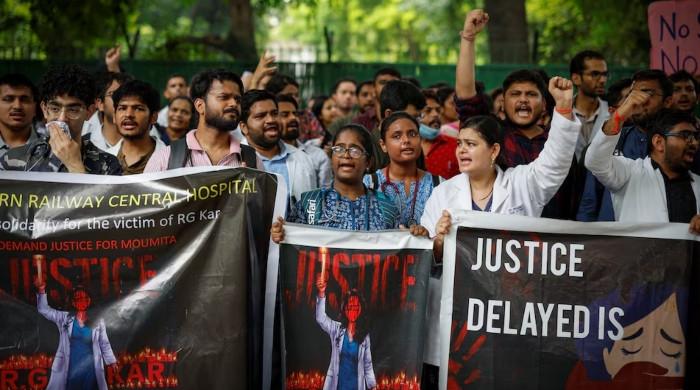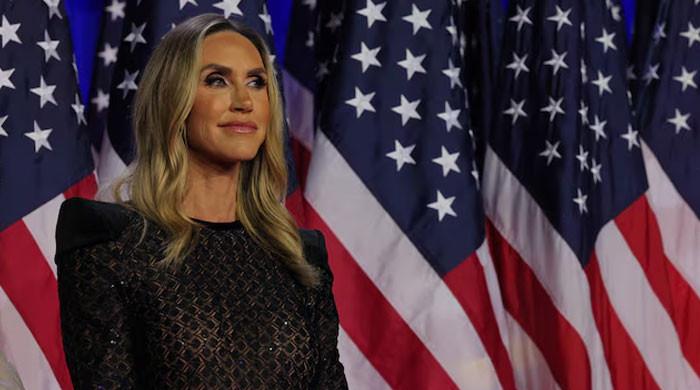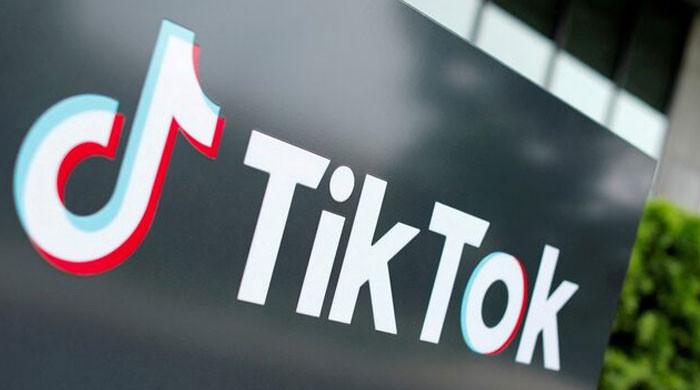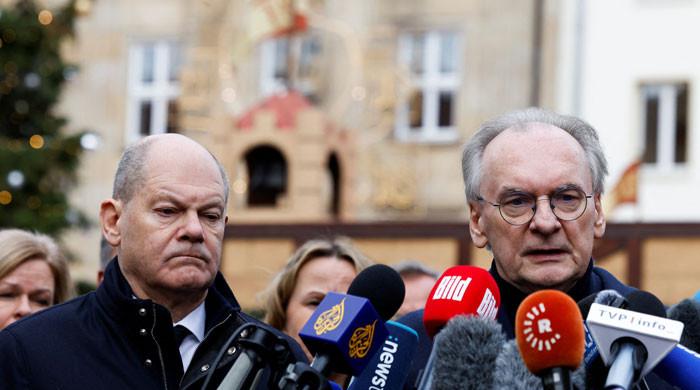Nobel Peace Prize winners warn of rising risk of nuclear war
"I fear that we as humankind are on path to self-destruction," says Shigemitsu Tanaka
October 12, 2024
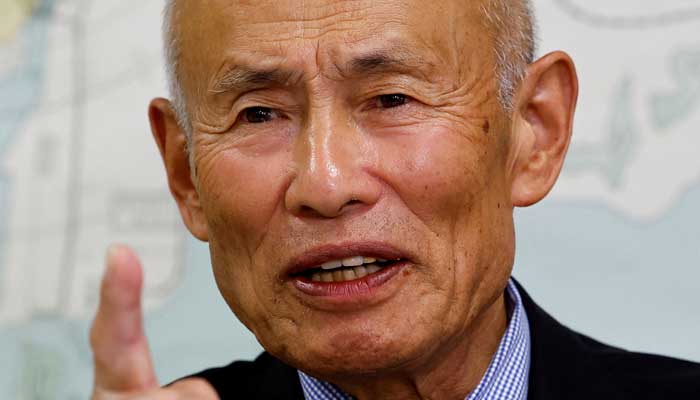
- International situation is getting progressively worse: survivor.
- "The only way to stop that is to abolish nuclear," he says.
- August next year will mark 80th anniversary of bombings.
TOKYO: Leaders of the group of atomic bomb survivors awarded the Nobel Peace Prize warned on Saturday that the risk of nuclear war was rising, renewing their call to abolish nuclear weapons.
"The international situation is getting progressively worse, and now wars are being waged as countries threaten the use of nuclear weapons," said Shigemitsu Tanaka, a survivor of the 1945 US bombing of Nagasaki and co-head of the Nihon Hidankyo group.
"I fear that we as humankind are on the path to self-destruction. The only way to stop that is to abolish nuclear," he said.
In awarding the survivors, the Norwegian Nobel Committee highlighted the devastation of the atomic bombings of Hiroshima and Nagasaki and the Japanese group's decades-long work to rid the world of nuclear weapons.
The group's endeavours have critical importance in the world today, the committee said. It did not specify any countries.
August next year will mark the 80th anniversary of the bombings. It is likely to draw focus on the legacy of its survivors, known as "hibakusha", and could set off a renewed debate about nuclear weapons.
Many Japanese feel the US should apologise for the bombings, which killed hundreds of thousands and prompted Japan's surrender days later.
Japan has since relied on the US for protection, renouncing the right to wage war and defining its military as only for self-defence.
Russian President Vladimir Putin signalled last month that Moscow would consider responding with nuclear weapons if the US and its allies allow Ukraine to strike deep inside Russia with long-range Western missiles.




